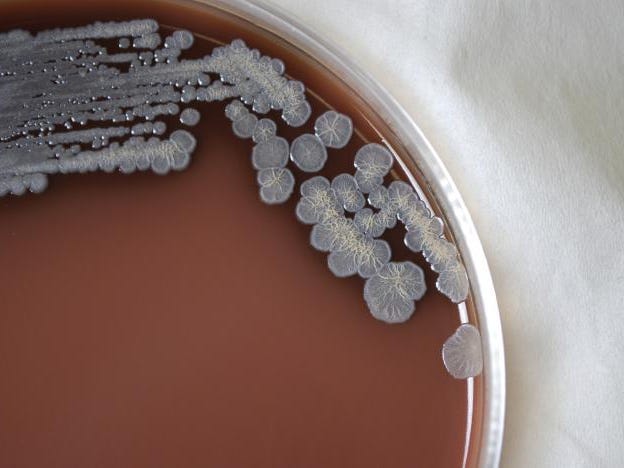- A potentially deadly bacteria has been found in US soil and water for the first time.
- The bacteria — typically found in Thailand and northern Australia — causes the disease melioidosis.
- Melioidosis is now considered endemic in areas of the Gulf Coast region of Mississippi.
A potentially deadly bacteria has been detected in US soil and water for the first time, prompting the Centers for Disease Control and Prevention to ask healthcare workers to be on the lookout for symptoms in patients.
The bacteria, called Burkholderia pseudomallei, causes a rare disease called melioidosis that kills 10 to 50% of people who catch it worldwide, the CDC wrote in a health advisory on Wednesday.
The bacteria was identified in soil and water in the Gulf Coast region of southern Mississippi, during an investigation into two unrelated melioidosis cases, which were diagnosed in 2020 and 2022, respectively, the CDC said. Both were hospitalized and recovered after treatment with antibiotics, it said.
The bacteria, which typically lives in tropical and subtropical climates outside of the continental US, is now considered endemic in certain areas of the region, the CDC said.
Melioidosis causes nonspecific symptoms like fever and headaches
People can get infected with Burkholderia pseudomallei through direct contact with contaminated soil, or water through cuts in the skin, inhalation, or ingestion. But the risk of spread from person to person was "extremely low," the CDC said.
Melioidosis can infect any organ, including the brain. Symptoms vary depend on the part of the body affected.
Symptoms include: fever, localized pain or swelling, ulcers, abscesses, cough, chest pain, difficulty breathing, loss of appetite, weight loss, tummy discomfort, muscle or joint pain, confusion, headache, and seizures.
The CDC asked healthcare professionals to consider the disease when patients show these symptoms.
Generally, it takes two to four weeks after exposure to the bacteria for symptoms to develop, but it can be as quick as an within hour. In 5% of cases, symptoms develop years after exposure, according to the CDC.
People with certain underlying health conditions are most likely to get sick or die from melioidosis. These include: diabetes, excessive alcohol use, chronic lung disease, chronic kidney disease, and any condition that weakens the immune system.
The two people in Mississippi who caught the bacteria hadn't traveled outside the US
Burkholderia pseudomallei is often found in places such as Thailand, northern Australia, and Puerto Rico.
An average of 12 melioidosis cases are reported to the CDC each year, but most patients have recently traveled to a country where the bacteria is endemic, the CDC said. The two Mississippi cases hadn't traveled outside of the US, it said.
The samples suggest that the bacteria has been present in the region since at least 2020, but it's unclear for how long and whether it's spread to other parts of the US.

